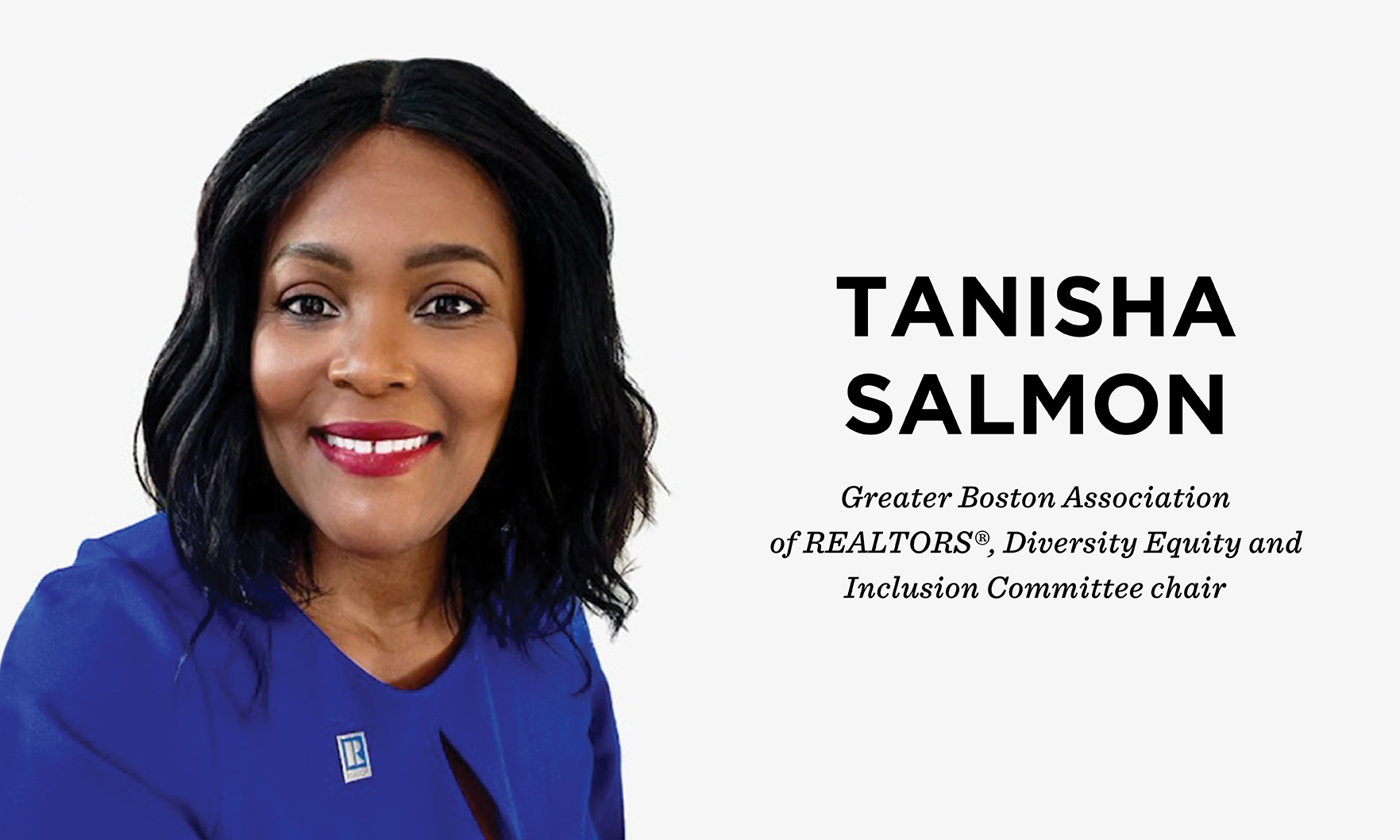As 2023 Chair of the Diversity Equity and Inclusion (DEI) Committee at the Greater Boston Association of REALTORS® (GBAR), I could not have been prouder and more excited for our DEI initiatives that include fair housing training programs for our members, scholarship opportunities for residents in minority groups and collaboration with other multicultural groups to promote a more diverse, equitable and inclusive real estate industry.
Diversity in real estate refers to the representation of different racial, ethnic, gender and socioeconomic backgrounds among industry professionals as well as in the properties and communities they serve. Equity emphasizes fair treatment and equal opportunities for all individuals, regardless of their background. Inclusion, on the other hand, focuses on creating an environment where everyone feels valued, respected, and empowered to contribute their unique perspectives. Together, these principles form the foundation of DEI in real estate.
Implementing DEI initiatives in real estate has numerous benefits. These initiatives help to address historical disparities that have marginalized certain communities. By actively working toward equity, real estate professionals can help to rectify these disparities and provide opportunities for individuals who have been historically disadvantaged, and embracing DEI in real estate can lead to economic advantages.
Real estate has, unfortunately, been a sector where bias and discrimination have historically been prevalent. Bias in real estate can manifest in various forms, including racial discrimination, gender bias and socioeconomic disparities. It is crucial to address these biases and work toward creating a more equitable and inclusive real estate industry.
To combat bias in real estate, it is crucial to promote diversity, equity and inclusion within the industry. Brokerages should actively work toward diversifying their workforce and leadership positions, ensuring that individuals from all backgrounds have equal opportunities for success. Training and education programs can also be implemented to raise awareness about bias and discrimination and provide tools for addressing and mitigating these issues.
Real estate professionals should be mindful of their own biases and work toward providing fair and equitable services to all clients. This includes treating all individuals with respect and dignity, regardless of their background, and ensuring that fair housing laws and regulations are upheld.
In November 2020, NAR launched Fairhaven a fair housing simulation training for REALTORS® that uses the power of storytelling to help members identify, prevent and address discriminatory practices in real estate. Inspired by real stories, this innovative online experience has agents work against the clock to sell homes in the fictional town of Fairhaven, while confronting discrimination in the homebuying process. Learners will also walk in the shoes of a homebuyer facing discrimination. The training provides customized feedback that learners can apply to daily business interactions. In addition, NAR offers its At Home With Diversity certification course as well as its Bias Override video workshop and training course.
I encourage REALTORS® to take advantage of these additional educational resources to develop and apply DEI best practices in their business.
Tanisha Salmon is the chair of the Diversity Equity and Inclusion Committee at the Greater Boston Association of REALTORS®.

